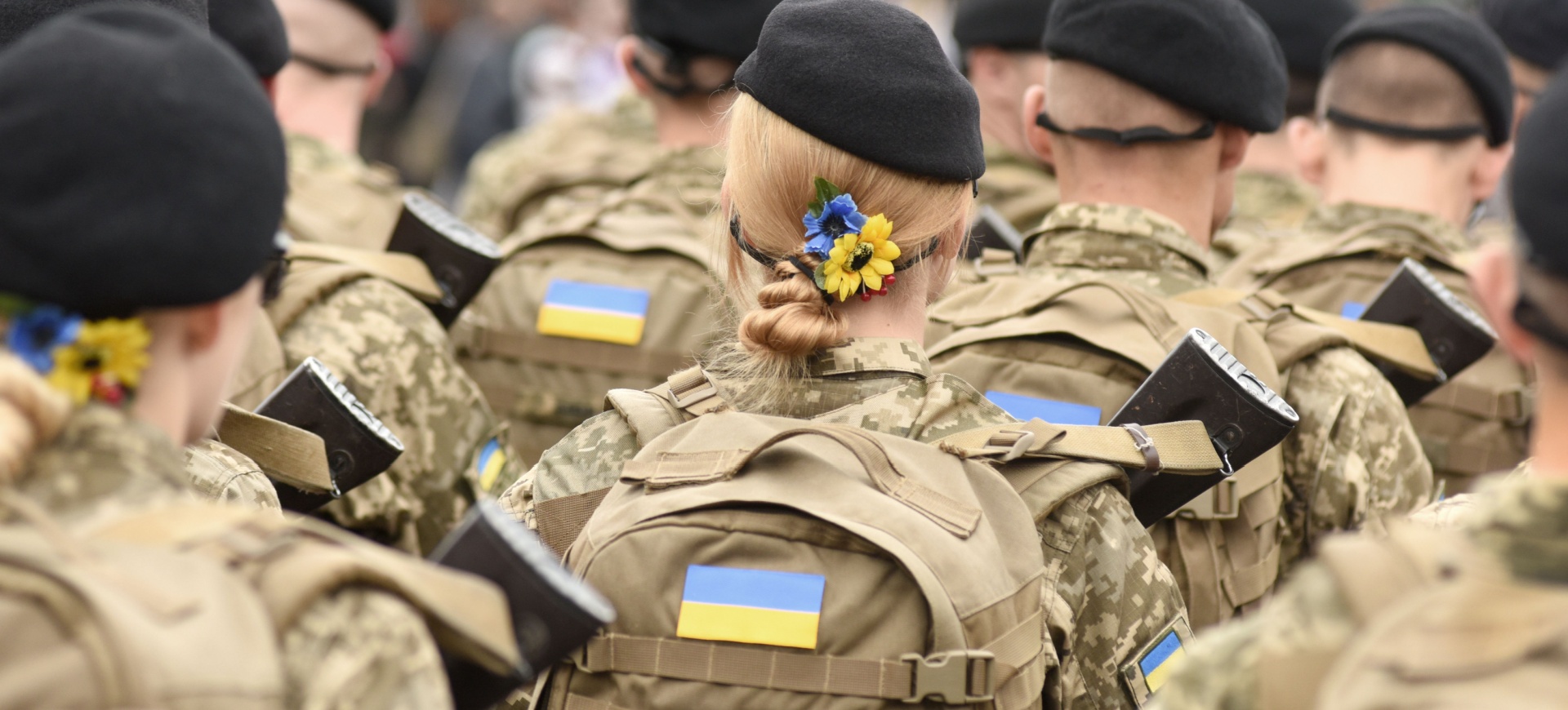Presenting a united front
Current conflicts have prompted the G7 to become more active in the political-security sphere, and there is hope that Apulia will provide a forum for the group’s leaders to candidly assess the many challenges they face – particularly Russian aggression in Ukraine
Recently, key factors, particularly the deepening strategic rivalry with China, Russia’s war of aggression against Ukraine, and the war between Israel and Hamas, have prompted the G7 to be more active in the political-security sphere, which has not always been at the centre of its agenda.
Countering Russia’s aggression and its expansionist plans in Europe has remained a top priority. Since the start of the invasion in February 2022, G7 members have shown remarkable unity and cohesion in responding to such a blatant violation of fundamental international law principles, something that not all analysts or observers expected. Latest developments have further reinforced the feeling within the G7 that Russian president Vladimir Putin’s revanchism represents an enduring threat to Europe’s security.
Ukraine’s fate was at the centre of the G7 foreign ministers’ meeting in Capri on 17–19 April 2024. They reiterated their “steadfast support” for Ukraine. The declared aim is to provide Kyiv with the means and resources it badly needs to defend itself against Russian aggression. Ukraine has suffered substantial military setbacks and many western officials warn that the balance is shifting in favour of Moscow. The challenge for the G7 is to ensure effective continued support to Ukraine in the long run with the limited resources available, as public fatigue grows due to the costs associated with solidarity with Ukraine, as does the prospect that Russia cannot be prevented from making further advances and eventually gaining the upper hand.
Considerable results
To be sure, the G7 has recently achieved some considerable results. Most important, the European Union and the United States have approved new substantial military support packages after overcoming prolonged internal resistance. In particular, the $61 billion passed by the US Congress is widely expected to have an impact on the ground, blocking or at least slowing down the Russian advance.
Moreover G7 members’ bilateral security agreements to support Ukraine have been reinforced. G7 members have committed to enhancing production and delivery capabilities to speed up defence and security assistance to Ukraine. These pledges have been accompanied by decisions of major political significance. In December 2023 the European Council gave the green light to negotiations for Ukraine’s accession to the European Union.
G7 members’ political and security links with Ukraine have further deepened since the G7 Hiroshima Summit in May 2023. However, G7 members have so far avoided direct involvement in the conflict. Only France’s Emmanuel Macron has not ruled out sending troops to Ukraine, but his declarations hinting at this possibility have been ill received in many western countries and within the North Atlantic Treaty Organization. Italy, which holds the G7 presidency this year, has adamantly rejected any idea of dispatching forces to Ukraine, citing constitutional constraints. However, the G7 is not expected to make any substantial openings to Moscow that could induce it to enter into serious talks to end the conflict. The overarching priority is to enable Ukraine to hold its military positions and repel Russian advances. Indeed, as long as Putin is convinced that time is on his side, he has little incentive to negotiate based on the basic principles of international law that the G7 is defending. The G7 has expressed support for the international peace conference in Switzerland in June, but the impact of this diplomatic endeavour is widely expected to be fairly limited: Russia has refused to participate, and key actors, including China, may choose not to be involved or send low-level delegations.
New punitive measures
Another significant issue is the need to update the G7’s sanctions imposed on Russia, as their effect on the Russian economy has been significantly lower than expected. The G7 will likely approve new punitive measures to respond to Russia’s escalating attacks in Ukraine, repeated cyberattacks against several western countries and alleged acts of sabotage in the EU. One top concern is the industrial items that Russia receives from China, which help it rebuild its defence industrial base. This is another major source of friction between Beijing and the G7. It remains to be seen if the G7 can devise effective measures to induce China to backtrack. Driving a wedge between Moscow and Beijing seems difficult, not least because of their ever closer alliance and G7 members’ deteriorating relations with both countries.
All G7 members are experiencing, to different degrees, growing fiscal constraints that raise doubts about the sustainability of their support for Ukraine. This has intensified the debate over the use of frozen Russian financial assets – worth about $300 billion – to support Ukraine. G7 governments hold different positions: while the US administration favours seizing all Russian reserves and transferring them to Ukraine, many EU officials fear that outright confiscation may violate international law and trigger destabilising Russian countermeasures. EU leaders have decided on a more cautious plan for using the profits from Russian assets. The G7 is discussing different options and will likely reach an agreement at the Apulia Summit in June.
Hopefully, Apulia will provide a forum for G7 leaders to candidly assess the many challenges they are facing in implementing their plans to support Ukraine. New commitments can help reinforce not only security but also political and economic relations with Kyiv. A renewed strong message should be sent to Putin that the G7 will continue to be on Ukraine’s side in the coming years and that it is in the G7’s vital interest to prevent Russian aggression from achieving its goals.












